The Seattle Times
By Jessica Lee
February 14, 2016
Student journalists at some Washington public high schools and colleges would have greater control over their media content under a bill that would ensure they’re not subject to unnecessary censorship by school authorities.
Senate Bill 6233, sponsored by Sen. Joe Fain, R-Auburn, follows a wave of efforts nationwide to clarify students’ rights to free speech in publications and broadcasts, regardless of whether students are participating in a class or if schools financially support the media.
“In order for journalists to do what they need to, they need to be free of censors,” said Nick Fiorillo, 18, former editor-in-chief of Mountlake Terrace High School’s newspaper, The Hawkeye. “They need to be free of any attempts of the government to come in and tell them what they can and cannot print.”
Washington would join fewer than a dozen other states that have enacted similar legislation meant to offset a 1988 U.S. Supreme Court ruling, Hazelwood School District v. Kuhlmeier. That ruling says administrators can control expression of their schools’ publications so long as the regulation is “reasonably related to a legitimate pedagogical concern.”
The bill, modeled after legislation North Dakota enacted last year, gives students at public schools the ability to publish content without prior restraint, so long as it is not slanderous or libelous; unjustly invades privacy; violates federal or state law; or encourages students to break school rules or commit crime. Educators, such as student-media advisers, may review content but not censor it, unless it violates those standards.
Private schools would not be affected.
The legislation also protects advisers from retaliation for content and limits the extent to which schools can be held civilly or criminally liable for student media.
Many public colleges and high schools in Washington already operate under similar guidelines. Before the 1988 case, school authorities were unable to regulate student expression that did not invade others’ rights or interfere with school operations after a 1969 ruling.
Opponents say the measure goes too far in removing school officials’ editorial judgment. They say authorities should be allowed final say before publication, especially if the journalism program’s adviser lacks experience.
“The school district is the publisher and therefore should have some control over what is published, just like a [professional] publisher would with their editors and reporters,” Jerry Bender, of the Association of Washington School Principals, said at a Jan. 21 public hearing.
Washington state representatives considered the legislative change in 2007. Lawmakers in the Senate Early Learning and K-12 Education Committee on Feb. 2 approved the latest bill — which has both Republican and Democratic sponsors — and the proposal awaits a vote on the Senate floor.
Rep. Matt Manweller, R-Ellensburg, is pushing for a broader legislative change in his chamber to declare college campuses public forums to strengthen free speech.
The session ends March 10.
Supporters of the bill say that in some cases officials abuse the Hazelwood ruling by trying to ensure the school is portrayed in a positive light. Or, they prevent student journalists from covering controversial issues due to their lack of experience, supporters say.
Journalist Madison Lucas, 18, said at the public hearing that she was a victim of such censorship while she was an editor and writer at Puyallup High School’s newspaper before she graduated last year. She faced pushback over a story on a building sewage leak, she said, among other issues.
“[The Hazelwood ruling] has evolved into a device for schools to suppress complaints by people who are dissatisfied with the level of education services they’re receiving, and to us, that’s exactly the kind of speech the public most needs to hear,” said Frank LoMonte, director of the Student Press Law Center.
He is helping to coordinate the New Voices USA campaign, which is leading the push for legislative changes to clarify student journalists’ free-speech rights nationwide. North Dakota began the trend, and now advocates in 20 states are working to do the same, LoMonte said.
“Our phone rings hundreds and hundreds of times a year from students who have been told you can’t publish something solely because it’ll make the school look bad,” he said.

